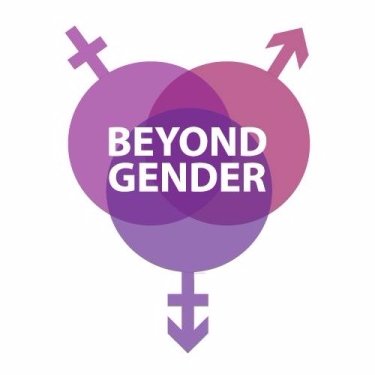
Beyond gender is a phrase often used in discussions about sexual identity, being the name associated with several movements and projects supporting transgender people and their relatives. Others use the phrase to move us forward from identity politics; In her book, Beyond Gender, Betty Friedan writes
“A basic restructuring of our economy is needed now. And this restructuring can’t be accomplished in terms of women versus men, black versus white, old versus young, conservative versus liberal. . .We need a new political movement that puts the lives and interests of people first . . . with a new vision of community . . . that opens the doors again to real equality of opportunity.”
The church should be supporting this philosophy, and it has a history which may throw further light on the debate. The phrase “beyond gender” is one that is familiar to theologians in their discussions about God.
At the end of 2017, the Church of Sweden decided that its clergy should stop describing God in masculine terms, such as He/Lord/Father and use instead more gender-neutral language. The change caused considerable controversy but many other churches and faith communities have adopted similar policies and stopped using personal pronouns when referring to God. Although writers as far back as Gregory of Nazianzus in the fourth century ridiculed those who would assign a direct sexuality to God through linguistic gender designation, it cannot be denied that too much patriarchy has existed and still endures within the church to this day.
To counteract this, many in the English speaking world use “she” to refer to God and while this does draw attention to the long history of exclusion within the church, it does not take us beyond gender. Some have suggested using “it”, but for Christians this denies the the personal and intimate nature of God.
Language does matter, and it is appropriate to talk of a chairperson, flight attendant, or police officer. So it follows that that the church, if it wishes to remain relevant to the community it serves, must do likewise and move beyond gender. After all, Christians say they are made in the image of God – God who is neither masculine nor feminine. If we are not only to embrace humanity but also the animal world and all forms of life on the planet, we need to see God as life itself, beyond gender and beyond human.